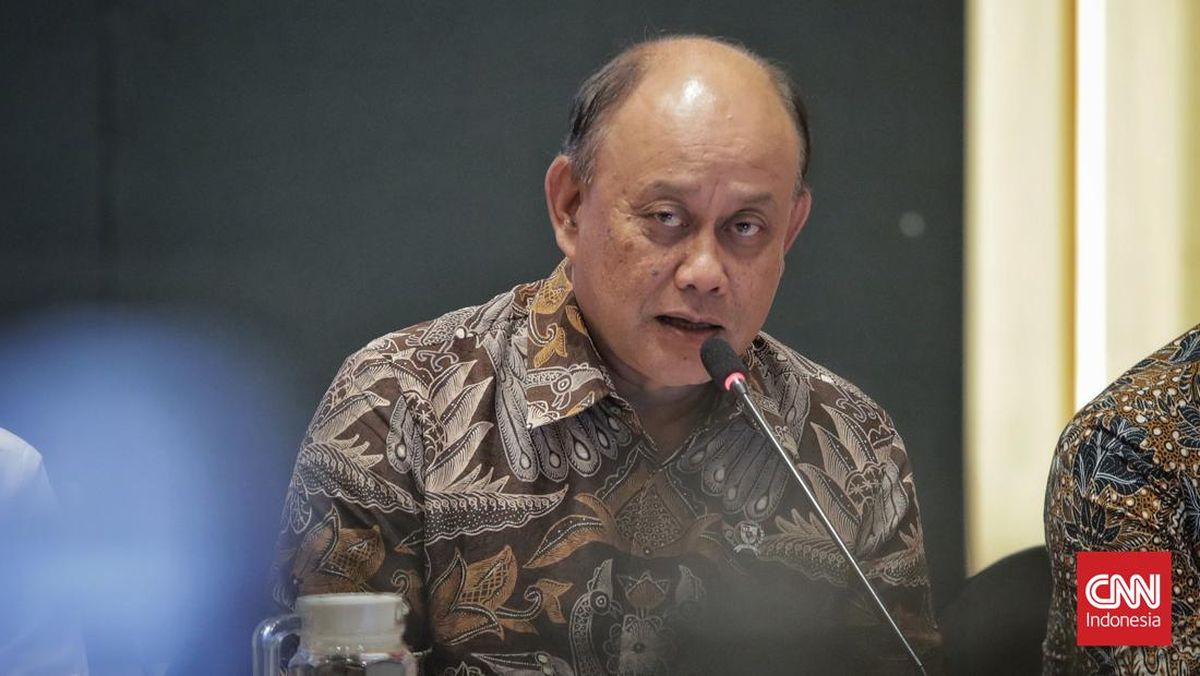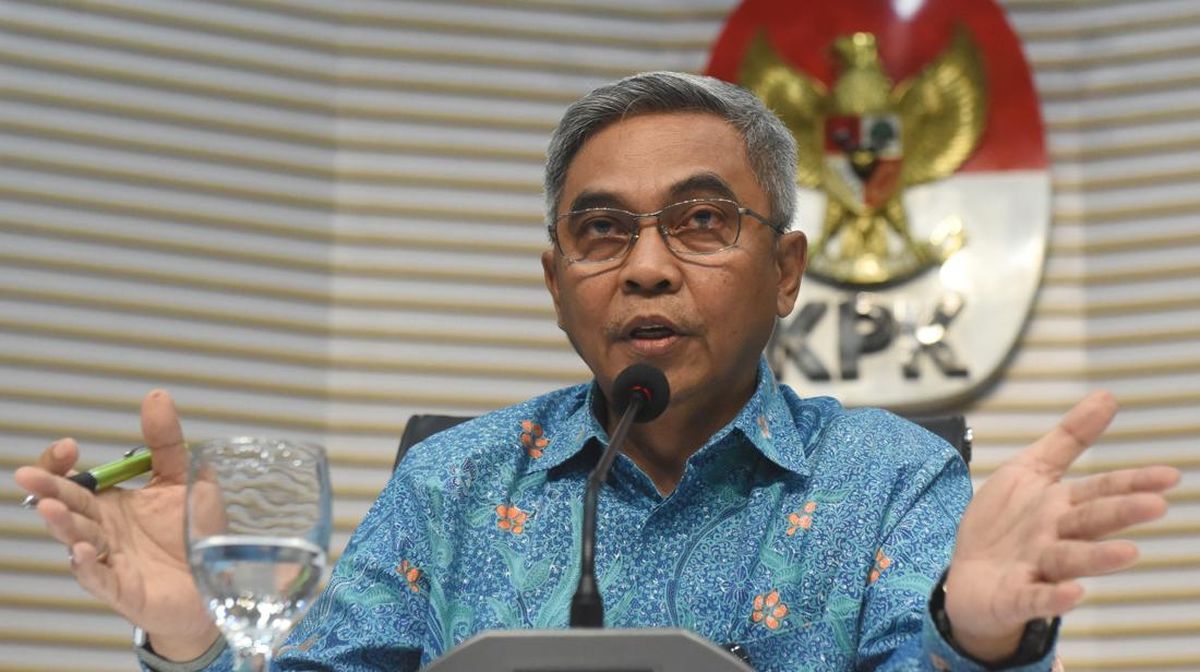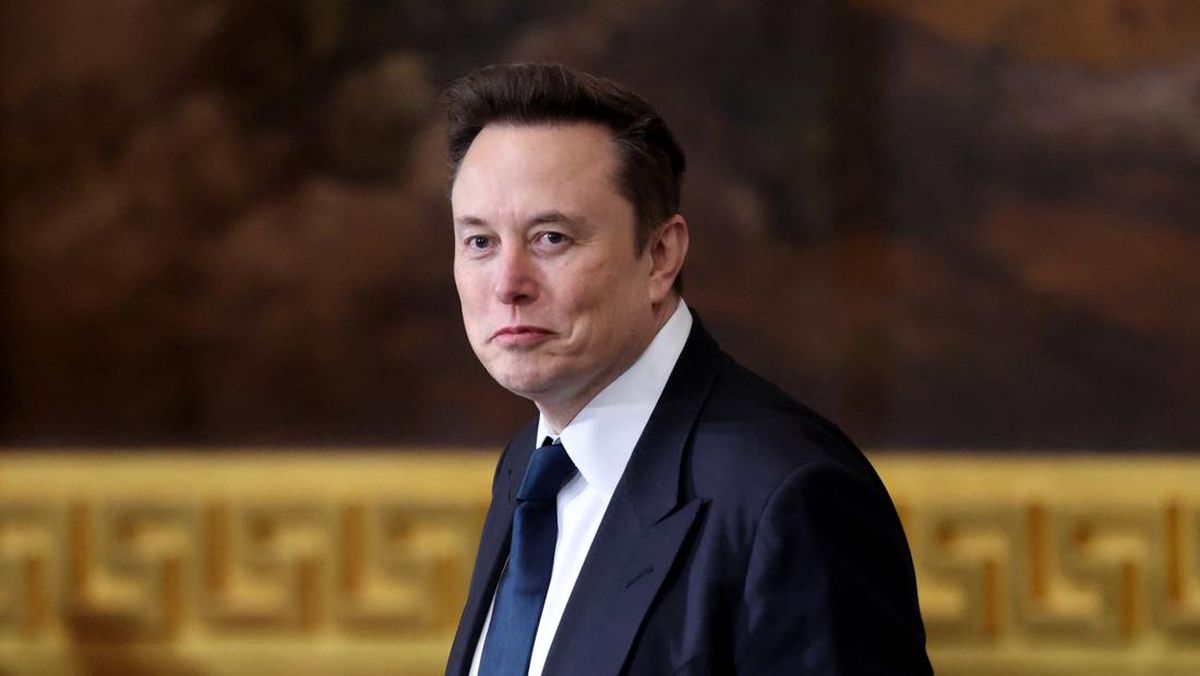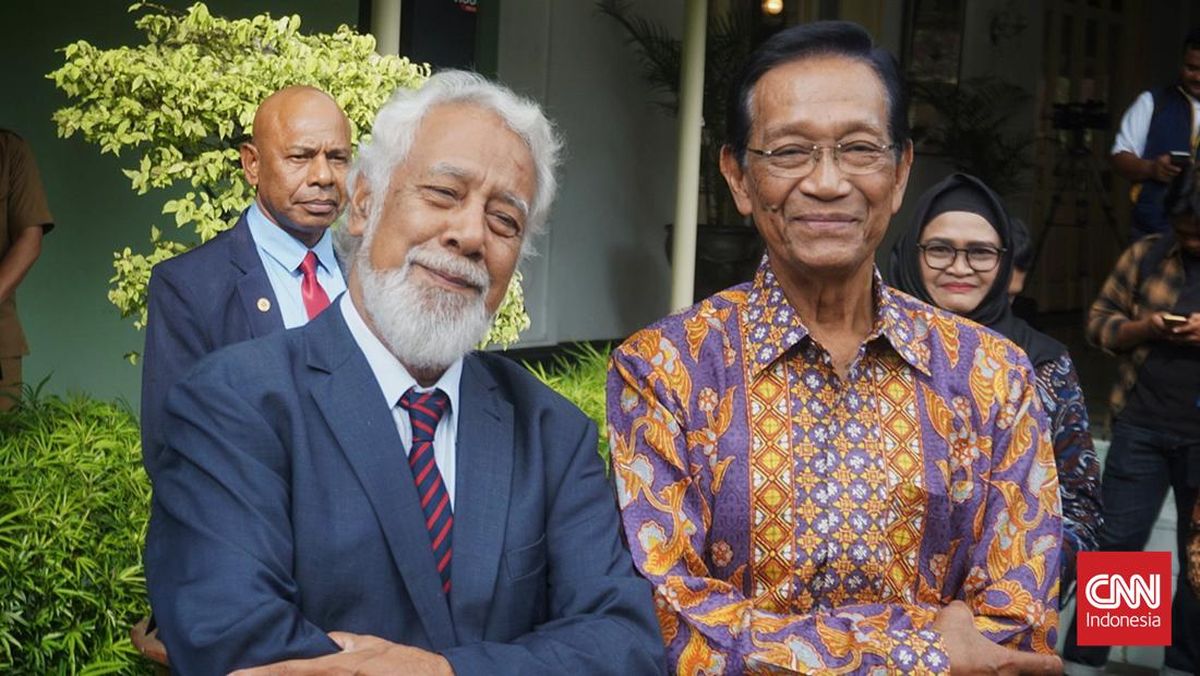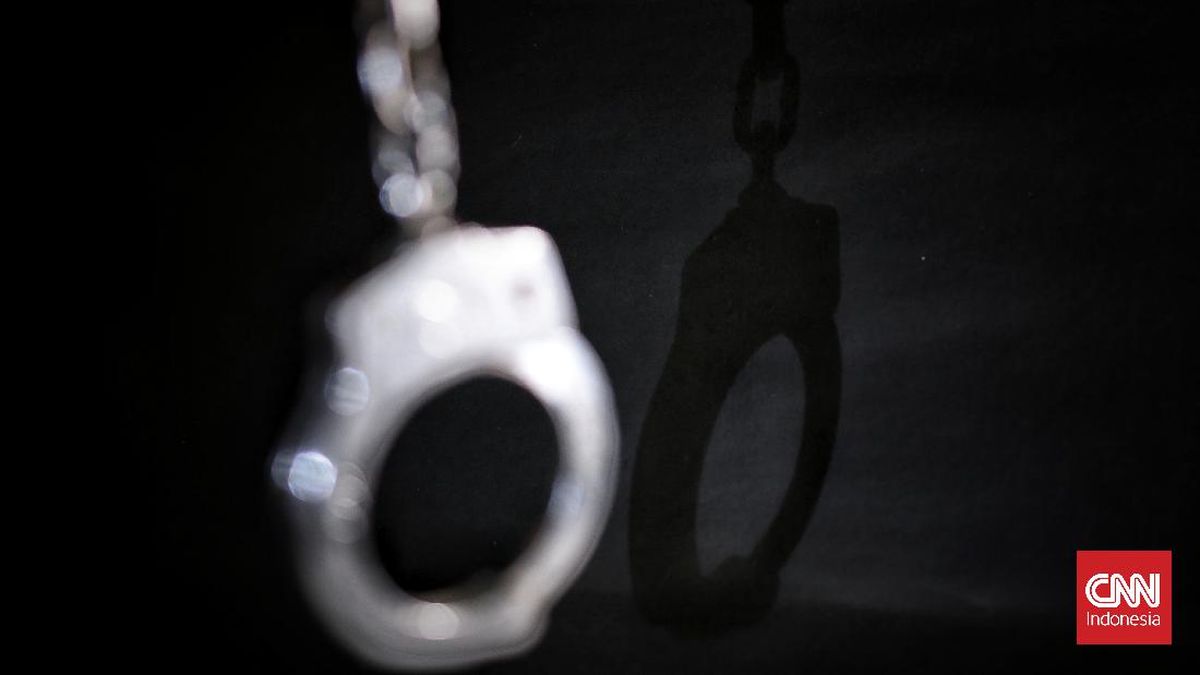New York: A high-level coalition of former ministers and military leaders is urging the Trump administration not to abandon the AUKUS pact with Australia and the United Kingdom, saying that while it will rob the US of nuclear-powered submarines at a crucial time, the benefits are worth the cost.
Jim Mattis, who served as Donald Trump’s defence secretary in his first term, co-wrote a piece published in the respected journal Foreign Affairs with former Australian defence minister Marise Payne, former British chief of defence staff Nicholas Carter and former US chief of naval operations Gary Roughead.

Jim Mattis and Marise Payne, the respective defence ministers of the US and Australia in 2018, have co-authored a piece urging Trump to stick with AUKUS.Credit: AP
Published overnight, the essay warns that cancelling or substantially weakening AUKUS “would do the work of Washington’s adversaries for them”, noting both China and Russia do not like the alliance.
“The strongest argument for AUKUS is that China and Russia object to it,” the authors say. “When a country’s adversaries don’t like what it is doing, it should usually press on.”
Under the pact, the US is due to sell Australia between three and five Virginia-class submarines in the 2030s, before Australia and the UK build a new class of vessel together, for entry into service in the 2040s.
However, the US president of the day has the final say on whether those submarines are sold to Australia, and the Navy – including Trump’s pick for chief of naval operations Daryl Caudle, who was sworn in last week – has warned the deal cannot be fulfilled unless the US lifts production from 1.2 boats a year to 2.3.

Under the AUKUS deal, Australia will acquire at least three US-built Virginia-class submarines in the early 2030s.Credit: AP
In the essay, Mattis, Payne, Carter and Roughead argue AUKUS will eventually enrich the maritime industrial bases of all three countries – even if the US must give up some submarines at a time when it is not producing enough for its own needs.
“These costs are worth the benefits,” they write. “The three states will essentially be operating common submarines, which will ultimately provide industry with a longer runway and thus the necessary industrial predictability to increase production.”
The authors say AUKUS will deter China by placing more nuclear attack submarines in the Pacific, even if they lack nuclear warheads, as Australia’s will. It would also enable American and British submarines to patrol elsewhere as circumstances demanded, troubling Moscow.
Mattis, Payne and the others acknowledge problems with AUKUS, particularly the second pillar of the program under which members are supposed to co-operate on emerging defence technologies.

Then defence secretary James Mattis with US President Donald Trump during a cabinet meeting at the White House in 2018.Credit: Bloomberg
Such co-operation requires sharing data and technologies which are usually highly protected: the authors say this part of AUKUS is “operationally adrift”, and more must be done to break down those barriers.
They also contend that sticking with the deal is symbolically important at a time when the US’s credibility as a reliable ally and partner is being questioned around the world. “Washington should thus do more than just recommit to AUKUS. It should revitalise the pact for the decades ahead,” they write.
While the essay is unlikely to be read personally by Trump, who prefers television, it is certain to catch the attention of key decision-makers in the administration, including the undersecretary of defence for policy, Elbridge Colby, who is leading the Pentagon’s AUKUS review, and his deputy Alexander Velez-Green.
Colby has written for Foreign Affairs himself, arguing in a 2022 essay that the US should be doing much more to prepare for a potential war with China over Taiwan by redirecting military assets away from other spheres – such as Europe and the Middle East – to the Indo-Pacific.

Richard Marles meets with J.D. Vance and Pete Hegseth (right) in Washington las week.Credit: X
That is now central to the Pentagon’s concerns about AUKUS, chiefly its desire for more information about if and how Australia would use the submarines in a conflict with China over Taiwan or other issues.
One of the strongest advocates of the deal in the US Congress, Democratic representative from Connecticut Joe Courtney, also authored an opinion piece on the weekend saying that abandoning or truncating the deal would “be met with great rejoicing in Beijing”.
Writing in National Interest magazine, Courtney said Colby should look past the current production tally of Virginia-class submarines because significant investments in the maritime industrial base were coming to fruition and would be paying dividends in the 2030s.
Loading
The essays underscore the substantial fears in the political and military establishments of all three AUKUS countries that Trump will back away from the Joe Biden-era deal.
They also come at a time of frayed relations after a mangled visit to Washington last week by Australian Deputy Prime Minister and Defence Minister Richard Marles.
While Marles met Vice President J.D. Vance, Secretary of State Marco Rubio and White House deputy chief of staff Stephen Miller, his encounter with US Defence Secretary Pete Hegseth remains under a cloud of mystery.
After Australian officials released photographs of Marles and Hegseth, the Pentagon initially described it as a “happenstance encounter” rather than a proper meeting. But a spokesman later issued a statement saying the meeting was co-ordinated in advance. This masthead reported the encounter lasted about 10 minutes.
The Pentagon was contacted for comment on the Foreign Affairs essay. It has previously said its review of the AUKUS pact would be completed in the northern autumn, which could mean any time between now and Christmas.
Get a note directly from our foreign correspondents on what’s making headlines around the world. Sign up for our weekly What in the World newsletter.
Most Viewed in World
Loading

